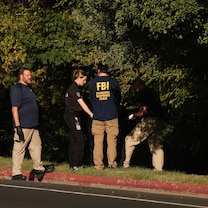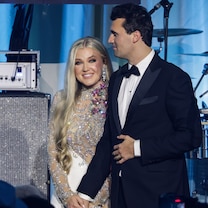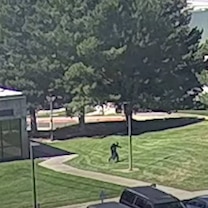Robert Redford, film icon, Oscar-winning director and activist, dead at 89

Robert Redford, the actor and Oscar-winning filmmaker who at his peak was simultaneously one of Hollywood's most critically lauded directors and bankable leading men, has died at age 89.
"Robert Redford passed away on September 16, 2025, at his home at Sundance in the mountains of Utah -- the place he loved, surrounded by those he loved. He will be missed greatly," his representative confirmed to ABC News. "The family requests privacy."
In a career that spanned more than six decades, Redford was known as much for his memorable performances in movie classics including "Butch Cassidy and the Sundance Kid," "Jeremiah Johnson," "The Sting," "The Way We Were," "All the President's Men" and "The Natural," as he was as an Academy Award-winning filmmaker, directing critically acclaimed works like "Ordinary People," "A River Runs Through It" and "Quiz Show." Redford also co-founded the annual Sundance Film Festival, in support of independent filmmakers, and was an outspoken supporter of progressive politics, civil rights and environmentalism.
Asked by Esquire UK in 2017 how he'd like to be remembered, Redford replied: "For the work. What really matters is the work. And what matters to me is doing the work. I'm not looking at the back end: 'What am I going to get out of this? What's going to be the reward?' I'm just looking at the work, the pleasure of being able to do the work."
"And that's what the fun is: to climb up the mountain is the fun, not standing at the top," Redford continued. "There's nowhere to go. But climbing up, that struggle, that to me is where the fun is. That to me is the thrill.
Charles Robert Redford Jr. was born Aug. 18, 1936 in Van Nuys, California. After graduating from high school, he attended the University of Colorado on a partial baseball scholarship, but left during his sophomore year to travel Europe for a time, where he studied painting. Returning to the U.S., he switched vocations, enrolling in the American Academy of Dramatic Arts in New York City to study acting, graduating in 1959.
Aided by his striking blond-haired, blue-eyed good looks and athletic build, Redford had little difficulty finding work right out of college. He appeared in a number of popular TV shows in the early 1960s, including "Perry Mason," "The Untouchables," "The Twilight Zone" and many others. He made his film debut in an uncredited role the 1960 romantic comedy "Tall Story," starring Anthony Perkins and Jane Fonda, the latter also making her big-screen debut and with whom Redford would share the screen four more times.
But Redford's big break came when he was cast opposite Elizabeth Ashley in the 1963 Broadway debut of the Neil Simon comedy "Barefoot in the Park." The play was a hit and led to Redford appearing in more and larger film roles, including the 1965 drama "Inside Daisy Clover," opposite Natalie Wood, which earned Redford a Golden Globe for New Star of the Year. His star rose further when, in 1967, he reprised his Broadway role on the big screen opposite Jane Fonda in the hit film adaptation of "Barefoot in the Park."
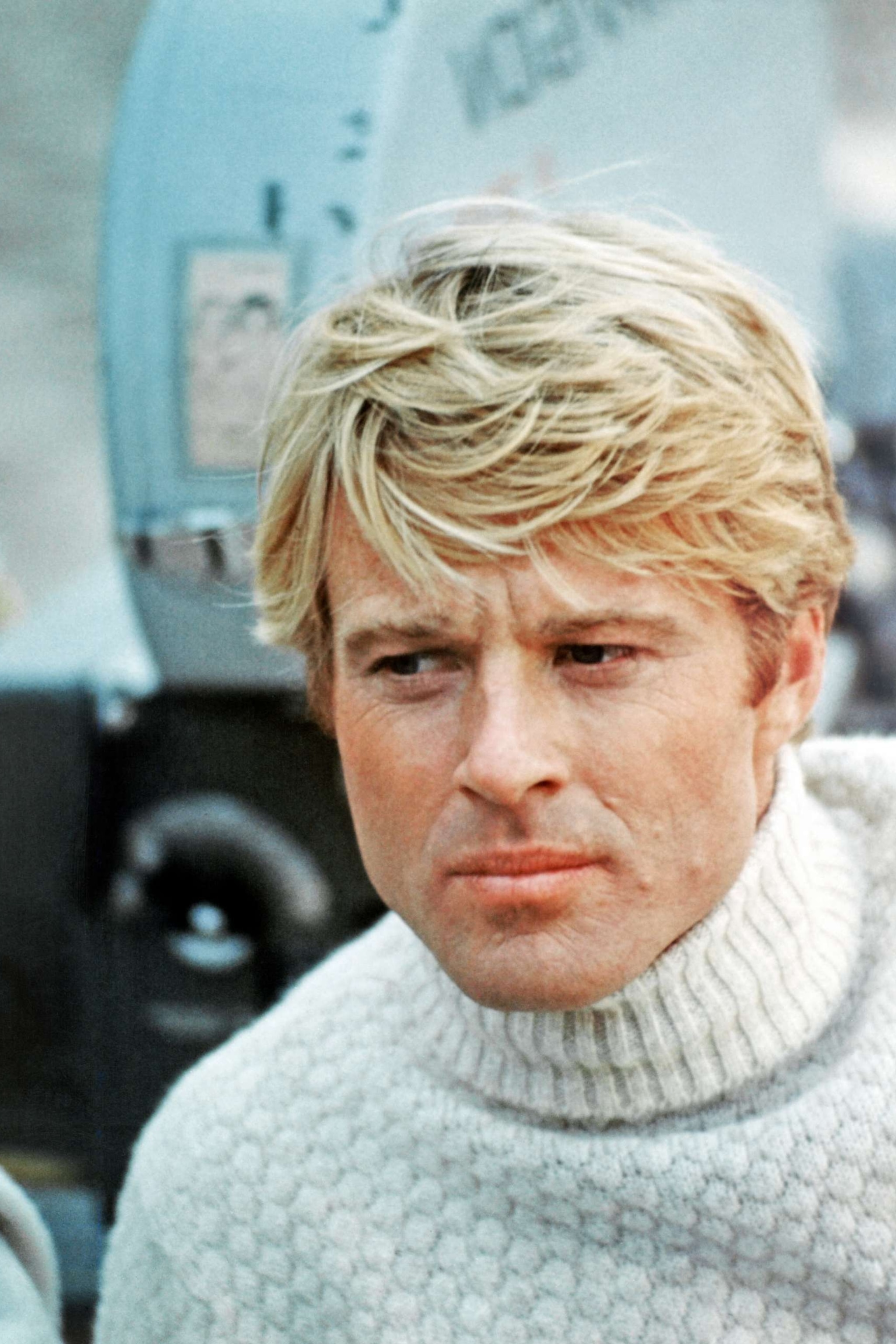
What followed was a two-decade run of movies that were both commercial and, for the most part, critical successes, and which cemented Redford's reputation as an A-list box office draw. He starred opposite Paul Newman in the 1969 Western action-comedy "Butch Cassidy and the Sundance Kid," the year's top-grossing film. That success led to Redford and Newman re-teaming as Chicago con men for the 1973 Depression-era comedy "The Sting," which was second only to "The Exorcist" as that year's highest-grossing film, and which earned Redford an Academy Award nomination for Best Actor.
The hits kept coming, among them the 1972 political satire "The Candidate" and the existential Western drama "Jeremiah Johnson," with Redford taking the latter role of a 19th-century mountain man to intentionally play against type. He starred in twelve films in all the 1970s, but the decade's zenith arguably came with the 1976 Watergate-inspired drama "All the President's Men." Redford and Dustin Hoffman played real-life Washington Post reporters Bob Woodward and Carl Bernstein, respectively, in the hit film based on their best-selling book of the same name, which told the story of their investigation into the Watergate scandal and White House cover-up.
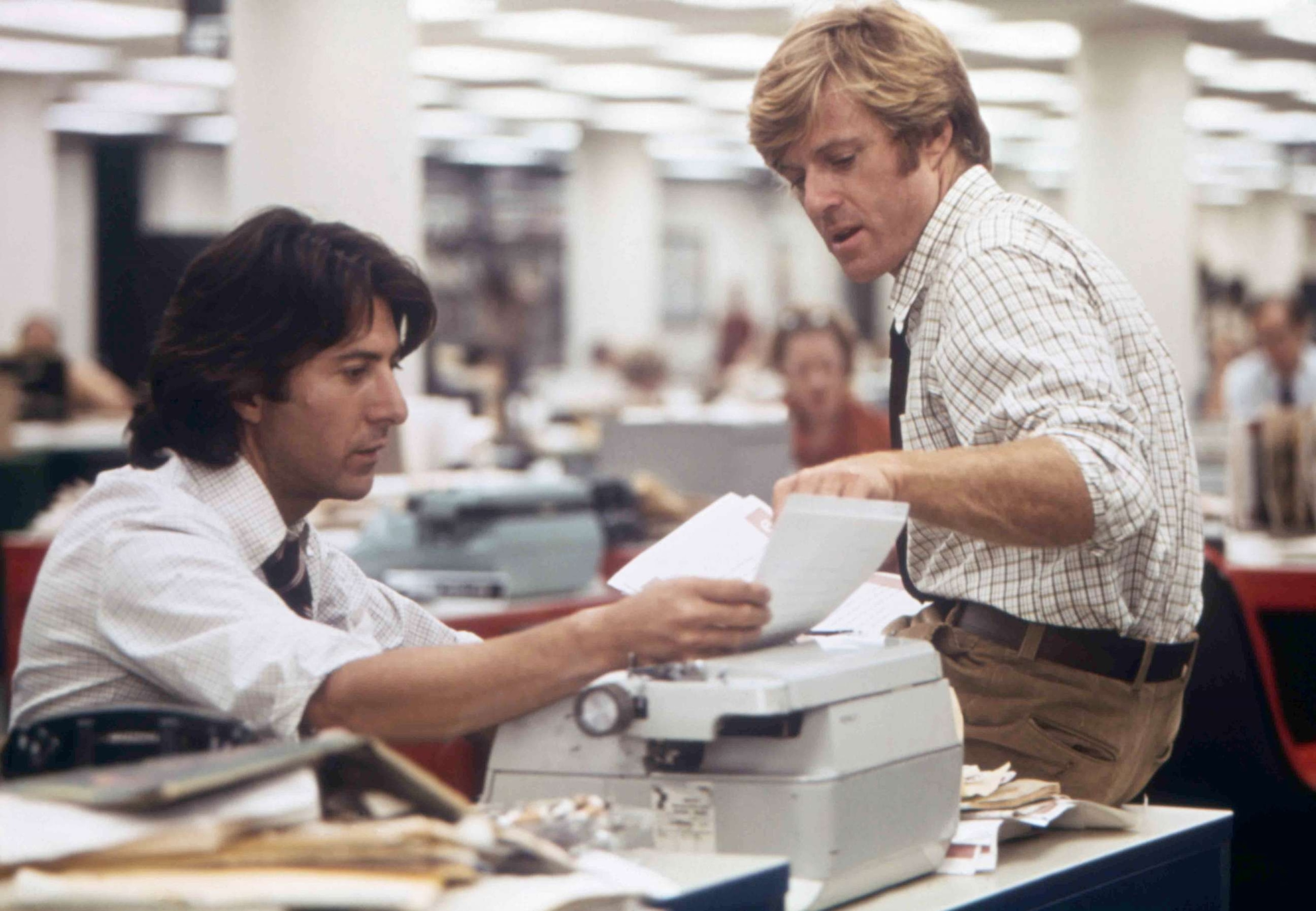
"What attracted me there was here were two guys, one guy is a Jew, the other guy is a WASP. One guy is a Republican, the other guy is a radical liberal," Redford later told ABC News about the film. "They don't get along very well. One guy is claiming to be a better writer than the other one. They don't particularly like each other, but they have to work together."
Released less than two years after President Richard Nixon resigned the presidency, "All the President's Men" tapped into the national political zeitgeist to become a box office hit and earned eight Oscar nominations, winning four. In 2010, it was added to the Library of Congress' National Film Registry, recognized as being "culturally, historically, or aesthetically significant."
Redford wrapped the 1970s with the romantic comedy "The Electric Horseman," his third film partnership with Jane Fonda, but by this time he was already working on his directorial debut: the 1980 drama "Ordinary People." Based on the novel by Judith Guest, the film – about the collapse of an upper-middle-class suburban family following the death of a son – starred Donald Sutherland, Mary Tyler Moore in a rare dramatic role, and Timothy Hutton. The film was a financial and critical success, earning six Oscar nods and winning four, including Best Picture and Best Director, for Redford.
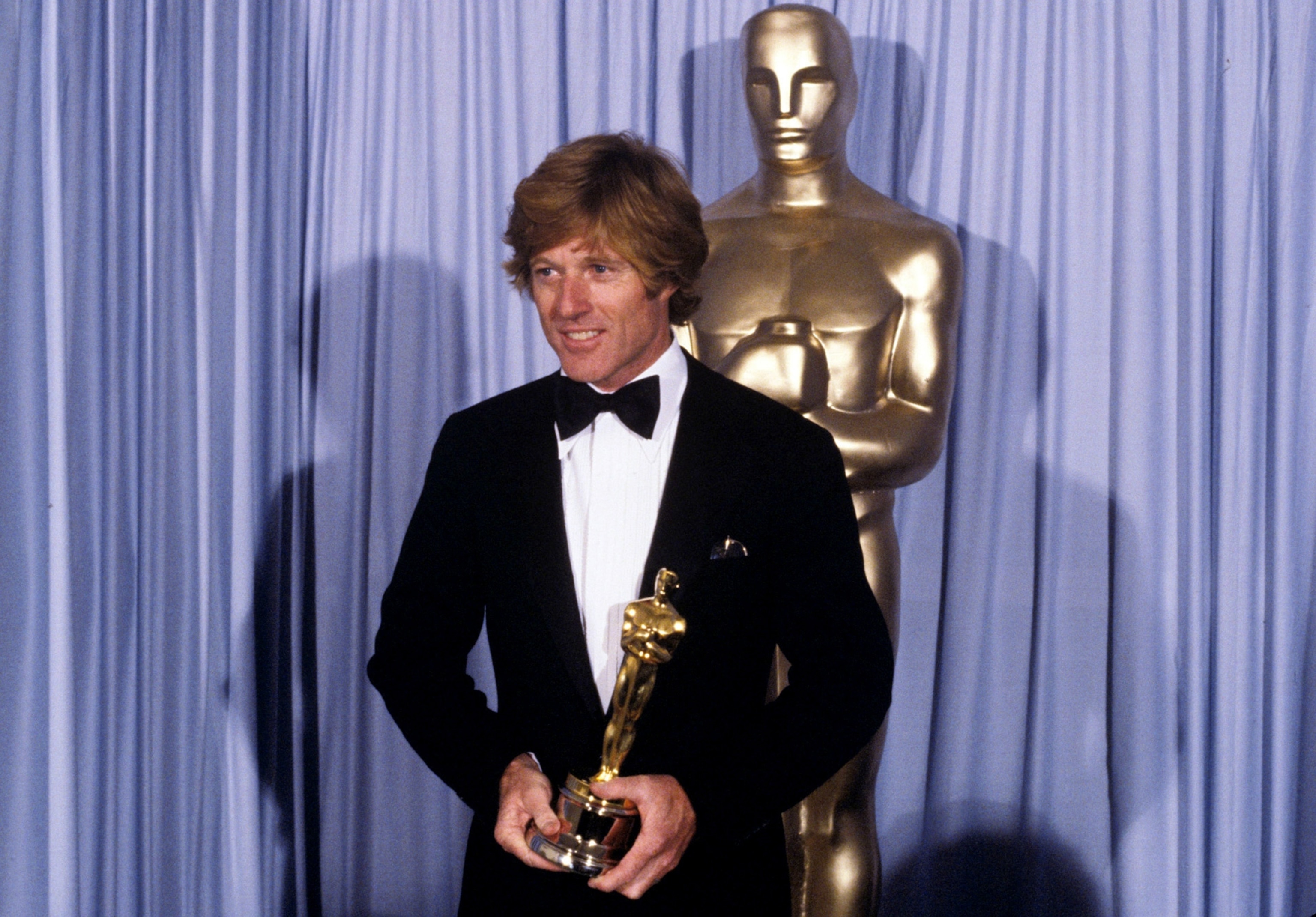
Redford directed nine feature films in all, with varying degrees of critical and box office success, including 1992's "A River Runs Through It," 1998's "The Horse Whisperer," in which Redford starred opposite a young Scarlett Johansson, and the 2012 political thriller "The Company You Keep." His most successful effort, however, after "Ordinary People," was 1994's "Quiz Show," based on the 1950s scandal surrounding game fixing by producers of the TV quiz show "Twenty-One," and the subsequent congressional investigation. Starring John Turturro, Ralph Fiennes and Rob Morrow, "Quiz Show" earned Redford his second of two career Best Director Oscar nominations, including his win for "Ordinary People," and was universally praised by critics.
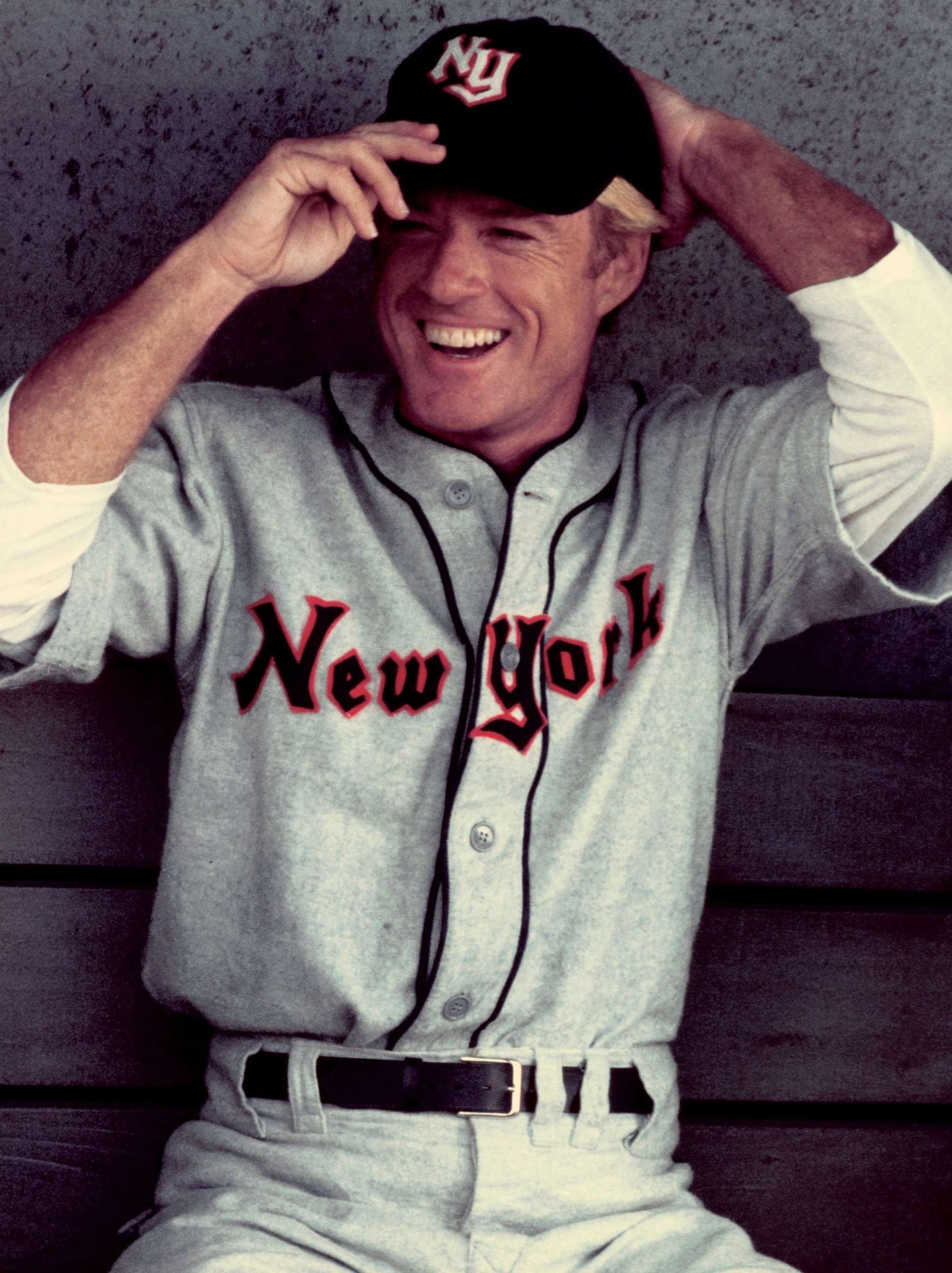
Redford also remained a constant presence in front of the camera from the 1980s onward, delivering well-received performances in modern classics like 1984's "The Natural," playing the mysterious, middle-aged baseball prodigy Roy Hobbs, and in the romantic drama "Out of Africa" the following year, opposite Meryl Streep. Redford's sixth of seven career collaborations with director Sydney Pollack, "Out of Africa" swept the Academy Awards, nominated in eleven categories and winning seven, including Best Picture.
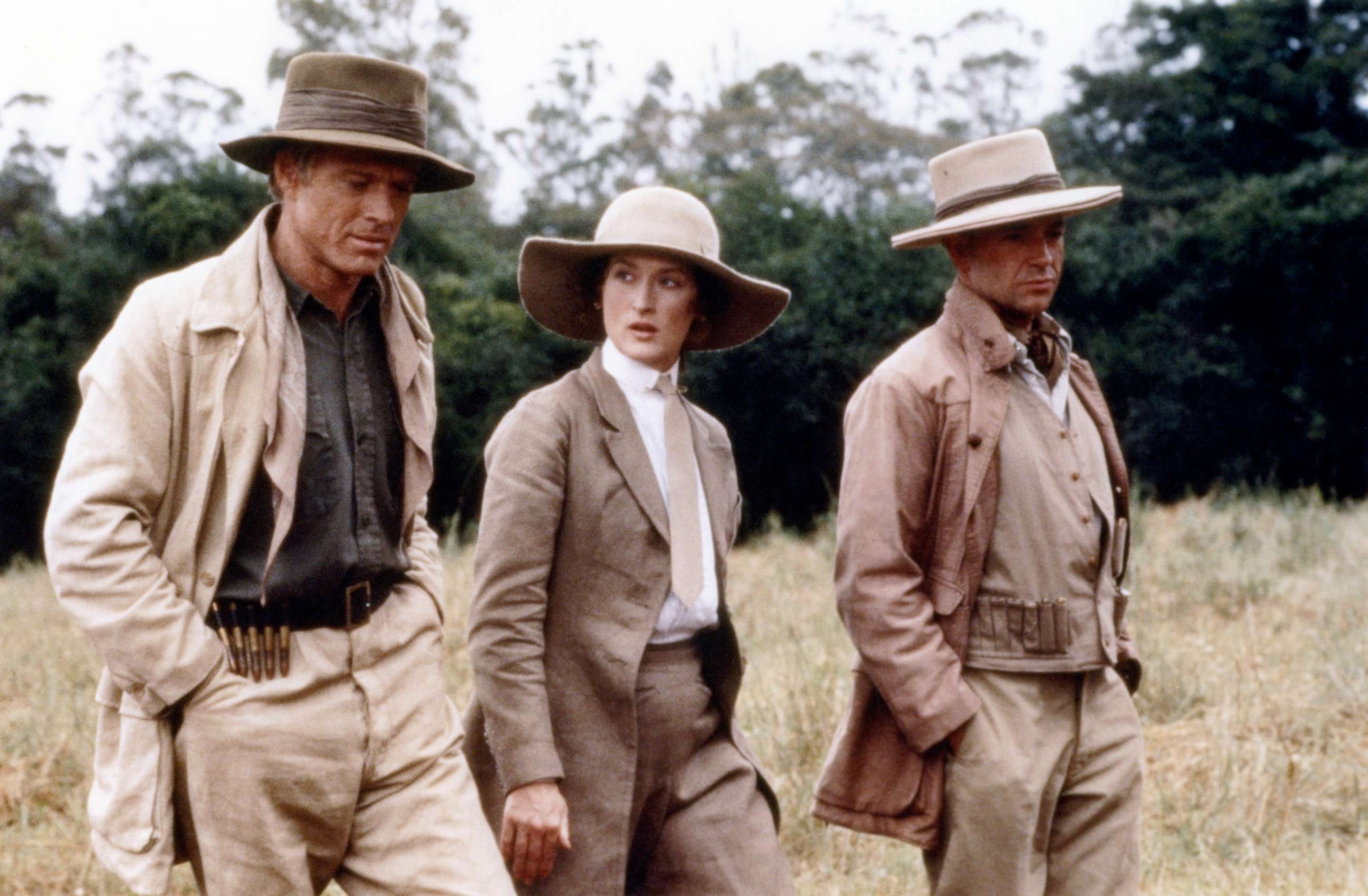
Other notable Redford performances included the 1992 espionage caper comedy "Sneakers," the controversial 1993 erotic drama "Indecent Proposal," the Tony Scott-directed "Spy Game," in 2001, and 2013's "All Is Lost," in which Redford was the only performer, playing a man who struggles to remain afloat and alive when his sailboat is irreparably damaged at sea. Later roles included a well-received villainous turn in the 2014 Marvel film "Captain America: The Winter Soldier," and the 2017 romantic drama "Our Souls at Night," which reunited him with Jane Fonda in their fifth on-screen pairing.
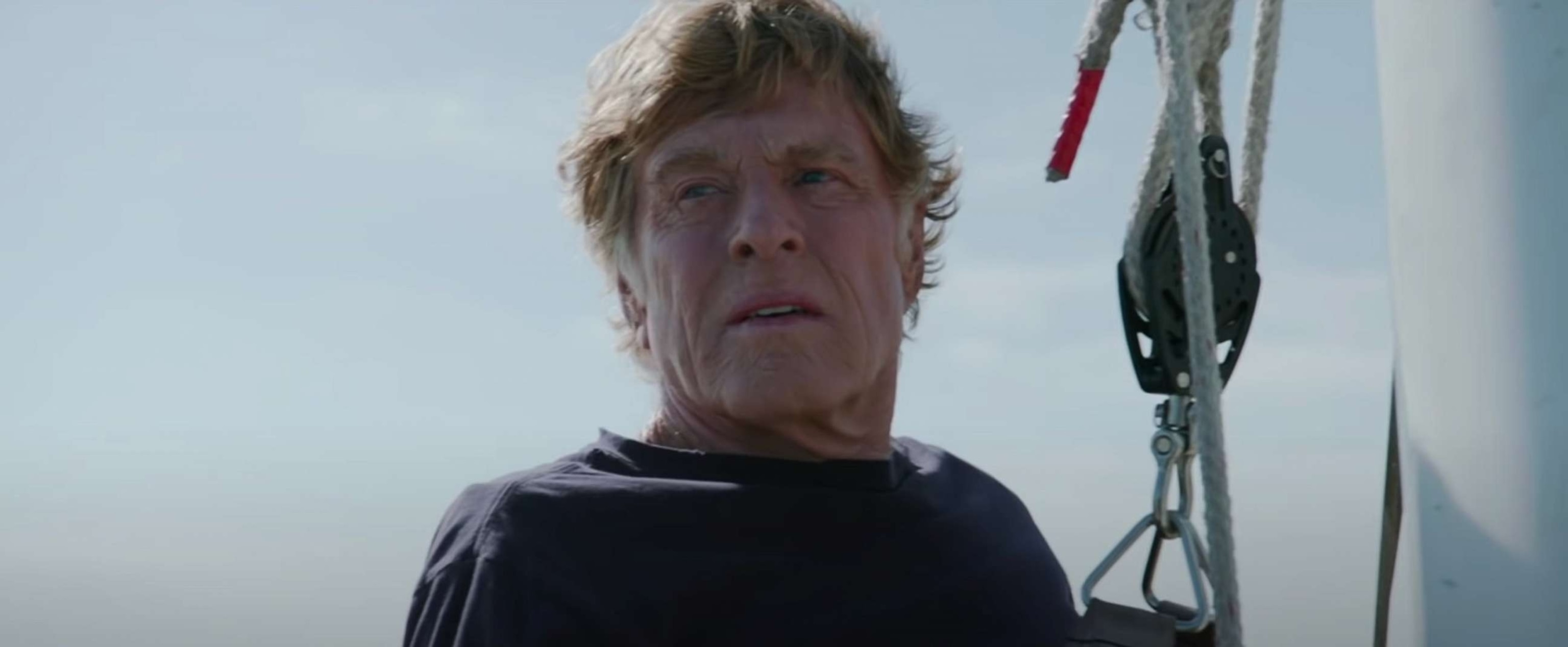
2018's "The Old Man & the Gun" featured an 82-year-old Redford playing a serial bank robber in a performance that earned him a Golden Globe acting nomination. That same year, Redford declared that after more than six decades in front of the camera, he planned to retire from acting.
"I've been doing it since I was 21," Redford said, in part. "I thought, 'Well, that's enough.'"
Even as he starred in some of the most successful big-studio movies of the 20th century, Redford was a supporter of independent filmmakers. He co-founded the non-profit Sundance Institute in 1981, named after his "Butch Cassidy and the Sundance Kid" character, with the stated mission of "fostering new voices in American storytelling" by offering programs and grants to aspiring filmmakers. In 1985, it acquired the seven-year-old annual US Film Festival and renamed it the Sundance Film Festival, which today remains the largest annual independent film showcase in America.
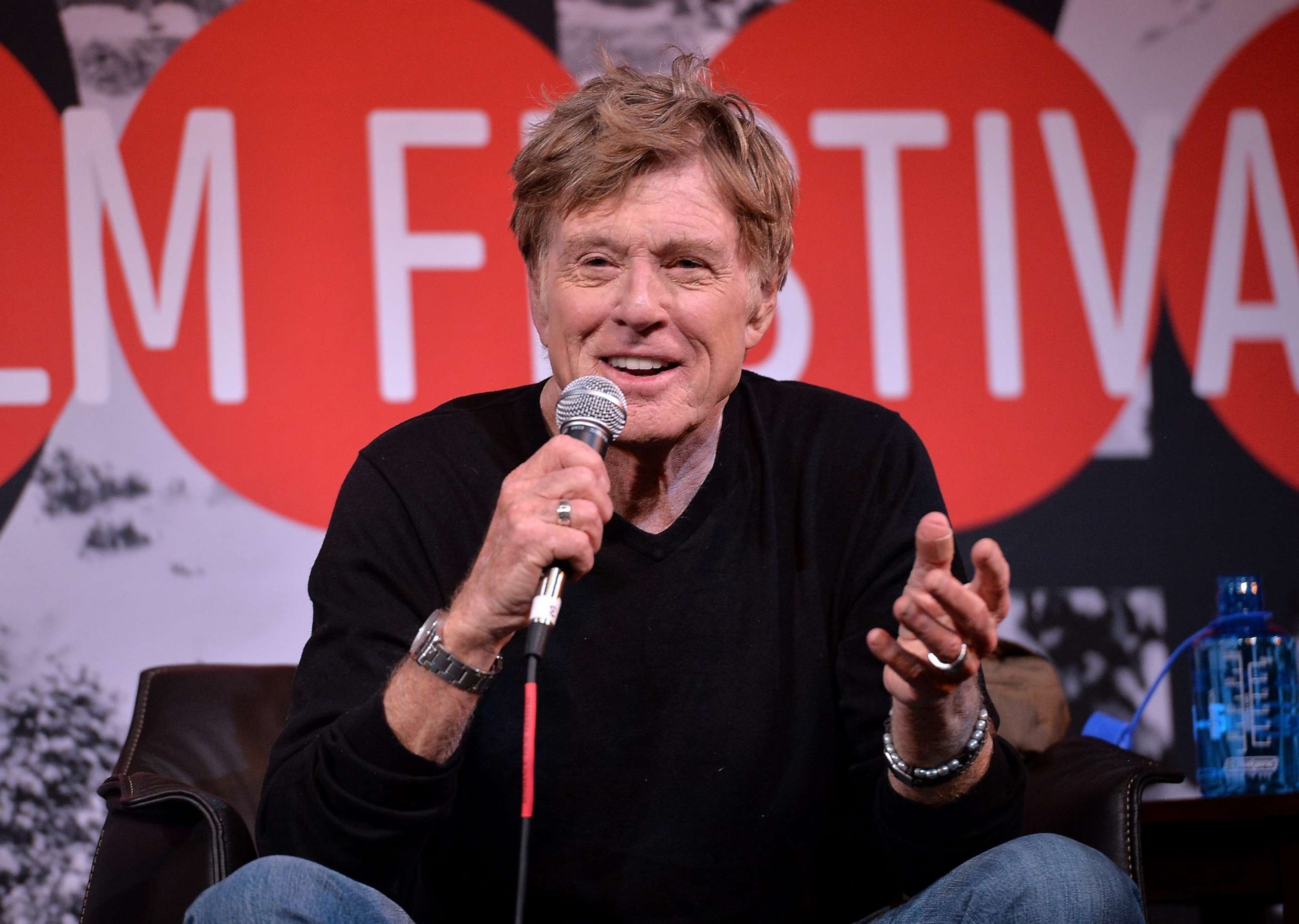
Redford didn't shy away from political involvement, both on- and off-screen. In the 1972 political satire "The Candidate," he played Bill McKay, an inexperienced Senate hopeful who becomes more popular the more generic he makes his message, ultimately winning the election in a surprise upset. The film ends with McKay, newly victorious, uttering the famous final line: "What do we do now?"
"I felt that the political system was producing candidate that were more by cosmetic rather than substance," Redford later told ABC News of the film.
Thirty-five years after "The Candidate," Redford directed three films in just three years, all of which either directly or obliquely addressed contemporary politics: 2007's "Lions for Lambs," exploring American military involvement in the Middle East; 2011's "The Conspirator," a historical drama centering on the assassination of President Abraham Lincoln; and 2012's "The Company You Keep," about a fugitive Vietnam-era anti-government radical whose true identity is unearthed by a reporter.
In a 2011 interview with ABC News, Redford drew specific parallels between "The Conspirator" – about a woman accused of conspiring in the Lincoln assassination plot who was denied a civil trial – and the U.S. government's refusal to try alleged 9/11 attack conspirators in civilian court.
"I'm a little wary about talking about the parallels because it could look like they were invented by me," Redford said. "They weren't. They're a matter of historical record."
Redford also said during that same interview that his view of contemporary politics was "so dim it's almost black. It's pretty grim right now."
"I'm so depressed to think that this country with all of its potential could reduce itself to games being played with – what feels like the dialog is being done with stone-age tools," Redford declared. "It's really depressing to think that instead of an exchange of ideas between two different ways of thinking you've just got a war zone."
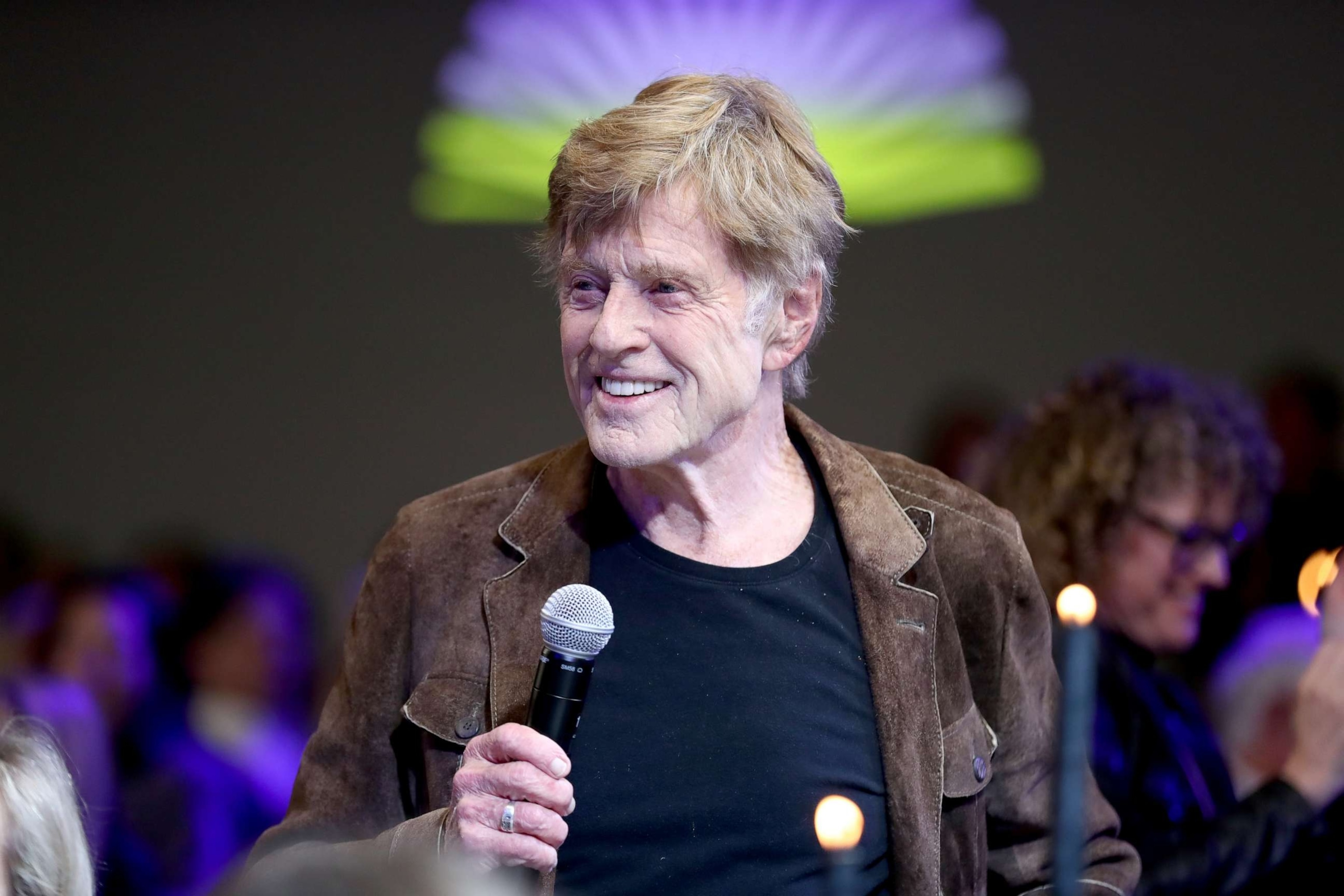
Yet Redford remained politically active throughout his life, particularly when regarding issues that involved protection of the environment, Native American issues and civil rights, supporting both Republican and Democratic candidates for office over the decades. With his son, filmmaker James Redford, he founded the Redford Center in 2005, with the stated mission of "merging the powers of environmental justice, collective action, education, and impact filmmaking." He also was a longtime trustee of the Natural Resources Defense Council and a vocal advocate for efforts to address anthropogenic climate change.
In addition to his 1980 Best Director Academy Award, Redford received an honorary Oscar in 2002 for his lifetime of work, as well as the Hollywood Foreign Press Association's Cecil B. DeMille Award in 1994 and the Screen Actors Guild Life Achievement Award in 1995. The National Audubon Society recognized his dedication to environmental issues by awarding him the Audubon Medal, their highest honor, in 1989.
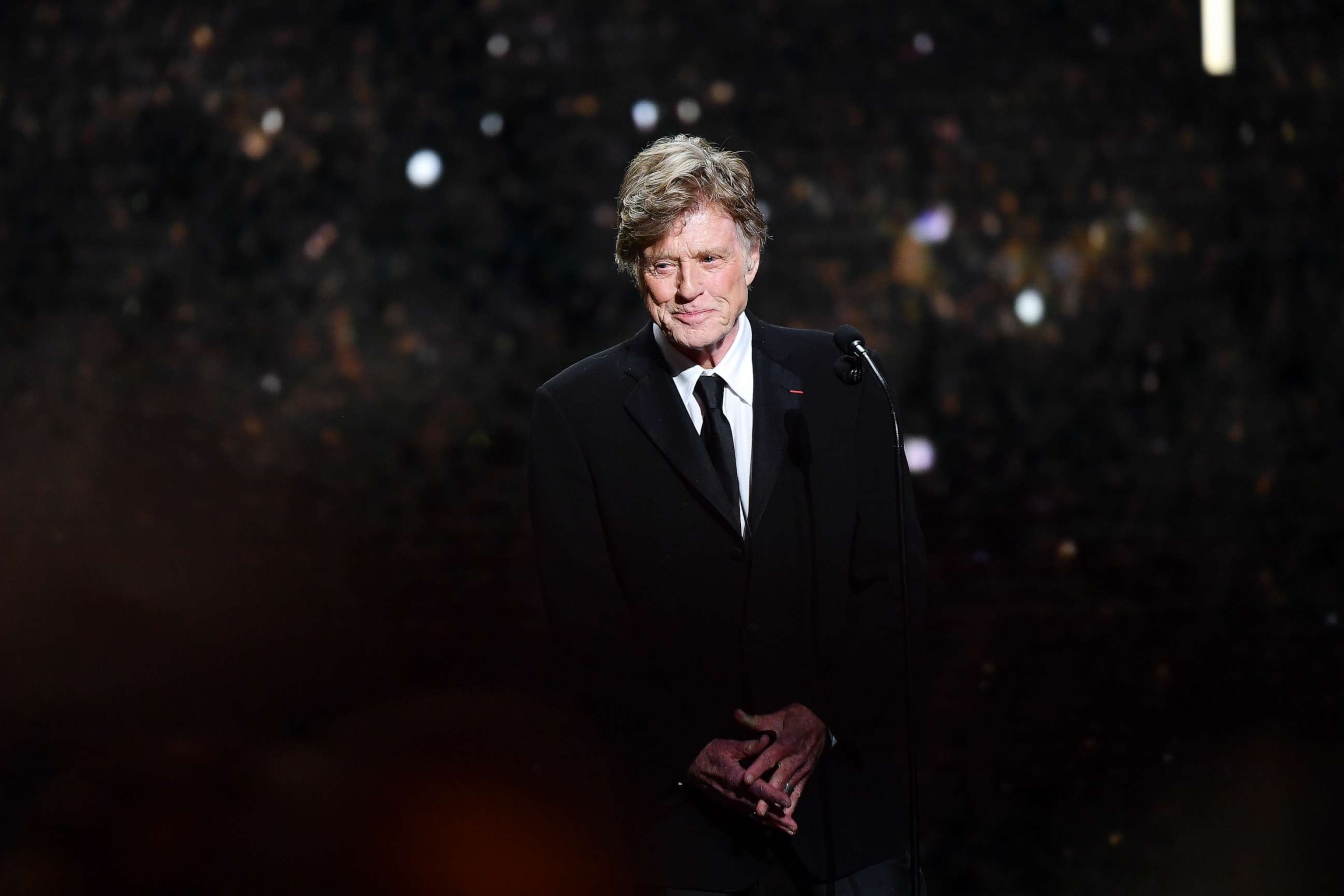
President Bill Clinton presented Redford with the National Medal of the Arts in 1996. He was recognized by the Kennedy Center Honors in 2005, presented to artists for their "profound contributions" to American Culture. In 2016, President Barack Obama presented Redford with the Presidential Medal of Freedom, the nation's highest civilian honor.
Redford was married twice. His first union, to producer and activist Lola Van Wagenen, lasted 27 years and produced four children, one of whom died in infancy, before ending in divorce in 1985. In 2009, Redford married his longtime partner, artist Sibylle Szaggars. She survives him, as do his children.
ABC News

